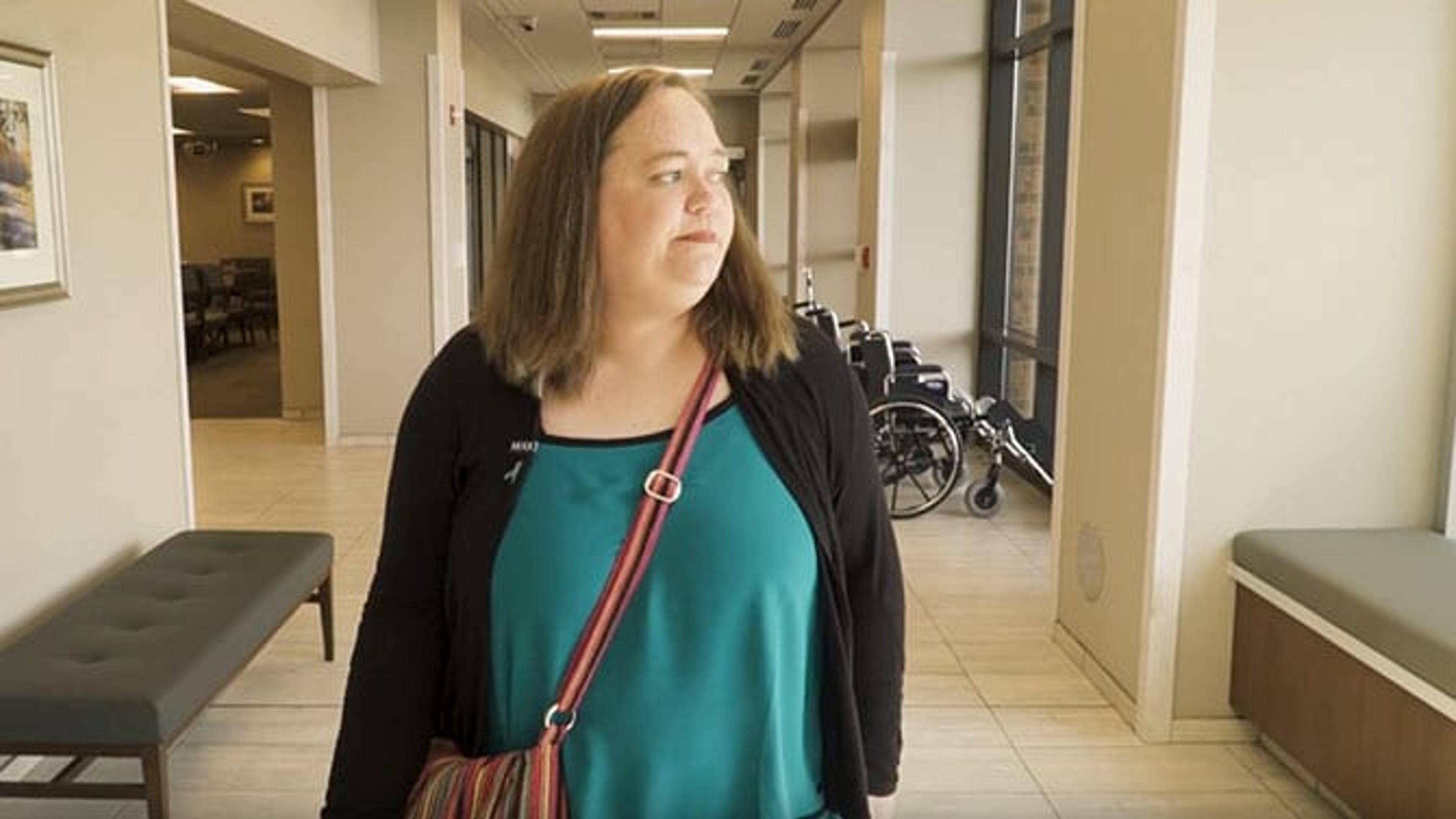Michigan Trauma Centers Delivering Improved Patient Outcomes as Result of Blue Cross Program
Julie Bitely
| 4 min read

After a traumatic injury, rest is needed, but you might be surprised to learn it can sometimes be a catalyst for further harm. Patients who need emergency care or surgery in trauma centers will likely need to recover in a hospital bed for multiple days, weeks or months. This inactivity puts them at higher risk for a medical complication called venous thromboembolism (VTE), more commonly known as a blood clot. When clots form in the veins of the leg (and sometimes arms), this is known as deep vein thrombosis (DVT); clots or DVTs that make their way to the lungs are known as a pulmonary embolism (PE). Both can be extremely dangerous and potentially deadly and coupled with the initial trauma, can make a patient’s hospital stay costlier, longer and potentially more emotionally and psychologically damaging. A Blue Cross Blue Shield of Michigan-sponsored Collaborative Quality Initiative (CQI) program is helping improve the odds for Michigan trauma patients. Trauma centers in the state participating in the Michigan Trauma Quality Improvement Program (MTQIP) saw improved outcomes for major complications, including VTE, compared with centers who didn’t participate or other centers nationally who participated in a national program called the American College of Surgeons Trauma Quality Improvement Program. Looking at data from 2009 to 2015 provided by the National Trauma Data Bank, the overall risk for such complications has gone down across the board by 14.6 percent. Participating in MTQIP further drove complication risk down by almost another 10 percentage points, reducing total risk for Michigan residents by 24.1 percent. Mark Hemmila, M.D., is a professor of surgery at the University of Michigan and the program director for MTQIP CQI. He’s authored a study touting the results of the program for the Journal of the American Medical Association: Surgery, which was featured online in May and will be published later this month. He said Blue Cross Blue Shield of Michigan-sponsored CQI programs helps surgeons, physicians and clinicians compare notes and make evidence-based changes based on a broad dataset and peer-to-peer interactions. “Since the trauma CQI launched in 2011 we’ve grown to include 32 Michigan hospitals, including all of the state’s level I and II centers. We’ve consistently demonstrated that data collection, cross-center collaboration and information-sharing helps develop best practices and improve care outcomes for trauma patients across the state,” said Tom Leyden, director, BCBSM Value Partnerships Program. Hemmila believes the additional collaboration that MTQIP provides makes a big difference in reducing variation. This means care providers statewide are adopting standardized, proven preventive measures, which reduces patients’ complications. By sharing information, providers know what their peers are doing across the state and more importantly, what is and isn’t working. He said it’s a powerful method to move the health care system forward in a way that ultimately benefits patients and physicians. “What we all really desire is to do the best job we can,” Hemmila said. In the case of blood clots, MTQIP practitioners weren’t consistent in their delivery of a VTE prophylactic drug to trauma patients. In looking at their combined data, they found that when the drug was given within 48 hours, results improved. Adoption of the practice was urged as long as there was no contraindication. They also compared two drugs – heparin and low-molecular weight heparin – and found that the latter performed in a superior fashion. Wide adoption of the use of low-molecular weight heparin further drove down the rate of blood clots in the trauma patient population. Any time you can reduce complications, you tend to save money, have happier patients and avoid long-term unintended consequences, Hemmila explained. “Every clinician tries hard to avoid complications because it’s a disappointing setback for the patient,” he said. MTQIP is a model collaborative quality improvement program, Hemmila said, generating positive results, saving money and helping people get appropriate, evidence-based care. Like this post? Read these:
- Managing Health Care Costs with Value Partnerships
- Holding the Line on Health Care Costs
- Addressing Health Care Overuse and Waste
Photo credit: fivepointsix





